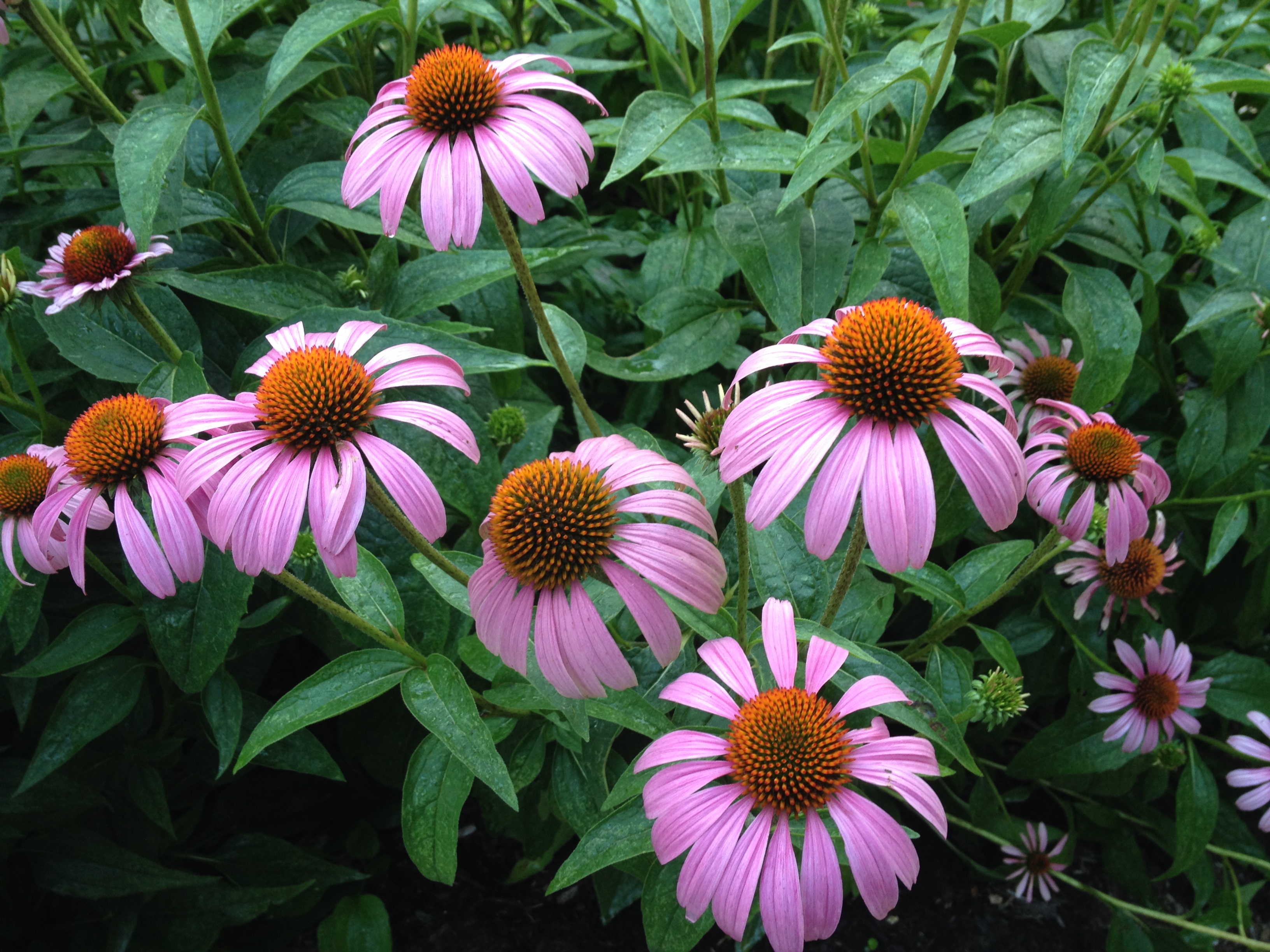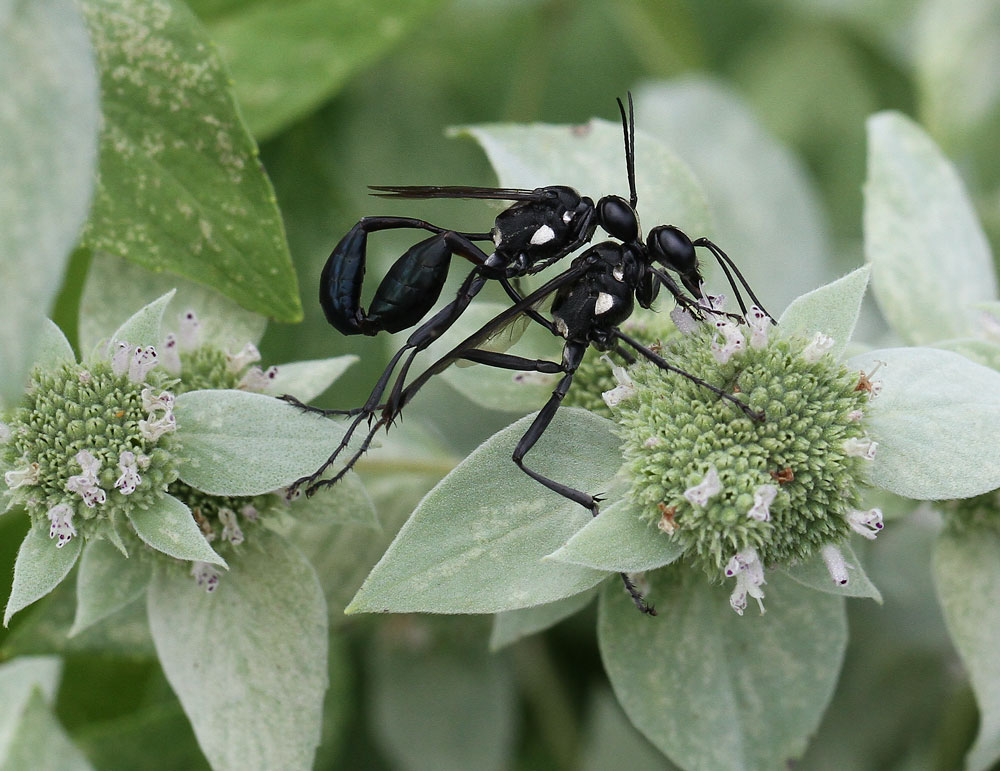RCEMGV Plant Sale May 6
go.ncsu.edu/readext?932259
en Español / em Português
El inglés es el idioma de control de esta página. En la medida en que haya algún conflicto entre la traducción al inglés y la traducción, el inglés prevalece.
Al hacer clic en el enlace de traducción se activa un servicio de traducción gratuito para convertir la página al español. Al igual que con cualquier traducción por Internet, la conversión no es sensible al contexto y puede que no traduzca el texto en su significado original. NC State Extension no garantiza la exactitud del texto traducido. Por favor, tenga en cuenta que algunas aplicaciones y/o servicios pueden no funcionar como se espera cuando se traducen.
Português
Inglês é o idioma de controle desta página. Na medida que haja algum conflito entre o texto original em Inglês e a tradução, o Inglês prevalece.
Ao clicar no link de tradução, um serviço gratuito de tradução será ativado para converter a página para o Português. Como em qualquer tradução pela internet, a conversão não é sensivel ao contexto e pode não ocorrer a tradução para o significado orginal. O serviço de Extensão da Carolina do Norte (NC State Extension) não garante a exatidão do texto traduzido. Por favor, observe que algumas funções ou serviços podem não funcionar como esperado após a tradução.
English
English is the controlling language of this page. To the extent there is any conflict between the English text and the translation, English controls.
Clicking on the translation link activates a free translation service to convert the page to Spanish. As with any Internet translation, the conversion is not context-sensitive and may not translate the text to its original meaning. NC State Extension does not guarantee the accuracy of the translated text. Please note that some applications and/or services may not function as expected when translated.
Collapse ▲
Purple coneflowers are great for beneficial insect gardens, and they are also treated as a medicinal herb.
This year the Extension Master Gardeners℠ of Rowan County have been focused on educating the public about pollinators and creating pollinator habitats. Last week Dr. Danesha Seth-Carley from NC State spoke about how to take your Pollinator Garden from “How to Wow”. Many plants she spoke of are available at the annual Rowan Extension Master Gardener Volunteer ℠ Plant Sale on May 6, 2023 8:30-Noon. One of the hardest working plants you can put in your garden for pollinators is the Mountain Mint or Pycanthemu
m spp. Now note this plant is in the mint family, so as Danesha says, it’s a bossy plant. Make sure you give it space. Bees and other pollinators love this plant. You can hear it hum in the summer.
Echinacea, or Coneflower, is a pollinator and bird lover’s best friend. It is drought tolerant once established and can grow in full sun to partial shade. It is also deer, heat, humidity, and salt resistant. Easily propagated by seed, it will reseed itself in the garden. Echinacea is a popular and long-blooming plant used as a border or in groupings in native or pollinator gardens, meadows, and naturalized areas. The great thing about coneflower is once it has finished blooming, the seeds it produces attract finches and other birds.
Gaillardia pulchella, or Indian blanket flower, was given its common name by early settlers since the blooms reminded them of the colorful blankets woven by the Native Americans. These flowers are daisy-shaped, with red or maroon petals. Indian blanket flower is one of our toughest native flowers. It thrives on the coast in the hottest conditions and tolerates poor soils. This plant is an excellent choice for coastal properties, meadows, and xeriscaping, as well as butterfly gardens, containers, or flower beds. Indian blanket flowers will continue to flower until the first frost and will readily self-seed.
Sunflower is our best-known and most beloved garden plant. The sunflower is one of my all-time favorite flowers. The Master Gardeners have Swamp Sunflower for sale this year. Swamp sunflower is a native perennial member of the aster family and can be found from NY to FL to TX. It is a large perennial that can grow up to 8 feet tall with showy yellow daisy-like flowers from mid to late summer into fall.
Black-eyed Susan, Rudbeckia sp. is another well-known native flower in gardens and on roadsides. It often acts as an annual but can surprise the gardener by performing as a short-lived perennial or biennial, forming a rosette of leaves the first year and blooming the second year. The flowers are bright yellow with dark brown centers.
The black-eyed Susan leaves and stems are covered with short, stiff hairs, which makes them less tasty to deer. This plant is drought tolerant once established and is tolerant of most soils. The seeds can be sown directly in the fall or spring. Rudbeckia readily self-seed and naturalized in the garden, providing beauty for years.
All these plants and more will be available at the Extension Master Gardener℠ of Rowan County Plant Sale on May 6, 2023. The sale is at the N.C. Cooperative Extension, Rowan County Center, 2727 Old Concord Road 8:30 a.m.-Noon. Cash or check only, so come prepared.





